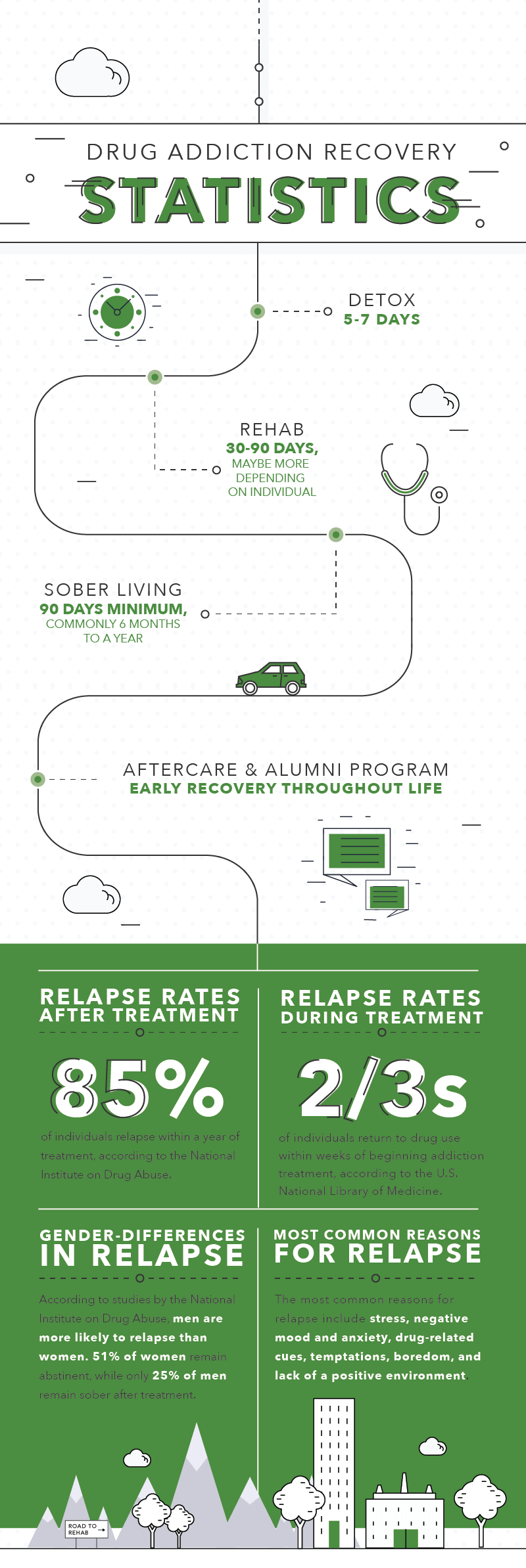Discover Exactly How To Create A Solid Post-Rehabilitation Care Method And Achieve Long-Term Success
Discover Exactly How To Create A Solid Post-Rehabilitation Care Method And Achieve Long-Term Success
Blog Article
Material Create By-Ferrell Have
You've finished drug rehab, and now it's time to develop an effective aftercare plan to guarantee your long-term recuperation.
Photo this: you're an individual determined to remain clean and build a meeting life. This article will guide you via determining recurring support group, integrating treatment and counseling, and developing healthy and balanced coping devices.
With these strategies, you'll be equipped to grow in your trip of sobriety.
https://squareblogs.net/melaine78charlott/discover-the-truths-and-dispel-misconceptions-bordering-drug-recovery-to 's begin.
Identifying Ongoing Support Systems
You ought to identify at least 3 recurring support group to ensure a successful recuperation after drug rehabilitation.
The initial support group is your friends and family. They can provide emotional support, encouragement, and assist you remain responsible. They can also supply a secure and understanding environment where you can share your struggles and victories.
The 2nd support system is your therapist or counselor. They can assist you overcome any kind of underlying problems that may have contributed to your dependency and provide support on how to avoid regression. They can also teach you coping systems and healthy and balanced ways to deal with stress and anxiety.
The third support system is a support system or a sober community. Being bordered by others who are going through similar experiences can be unbelievably helpful. They can give a feeling of belonging, comprehending, and deal important guidance and assistance.
Incorporating Therapy and Counseling
To achieve an effective healing, it is very important for you to proactively join treatment and therapy sessions, along with include them right into your continuous support group. By doing so, you can make the most of the benefits of these treatment techniques and boost your possibilities of maintaining lasting soberness.
Below are some key reasons that incorporating therapy and counseling right into your aftercare strategy is essential:
- ** Emotional Support: ** Treatment and therapy give a secure room for you to reveal your thoughts, feelings, and struggles pertaining to your dependency. It permits you to overcome any type of unresolved concerns and establish healthy and balanced coping mechanisms.
- ** Fall back Avoidance: ** These sessions equip you with the needed devices and approaches to stop relapse. They help you recognize triggers, establish dealing skills, and develop a strong foundation for handling food cravings and anxiety.
- ** Personal Development: ** Treatment and counseling assist in individual development and self-discovery. They help you obtain understanding into the underlying root causes of your dependency, improve self-confidence, and develop much healthier partnerships.
Establishing Healthy And Balanced Coping Devices
Throughout treatment and counseling sessions, it's important to proactively service developing healthy and balanced coping mechanisms in order to properly handle anxiety and challenges.
source for this article need to recognize and recognize your triggers, those points that trigger you distress or stress and anxiety. By acknowledging these triggers, you can create approaches to handle them in a healthy means. This may entail practicing deep breathing exercises, engaging in exercise, or discovering a creative electrical outlet to express your feelings.
It's important to also border yourself with a strong support group of family and friends who can offer support and support.
In addition, self-care activities such as obtaining adequate sleep, eating well, and exercising relaxation methods can considerably contribute to your overall well-being.
Verdict
In the trip towards healing, creating a successful aftercare plan resembles having a tendency to a fragile garden. Just as a garden enthusiast nurtures each plant with care and focus, so too need to one cultivate ongoing support group, incorporate therapy and therapy, and create healthy coping mechanisms.
By doing so, the seeds of recuperation will blossom into a prospering garden, offering a strong foundation for a brighter, drug-free future.
